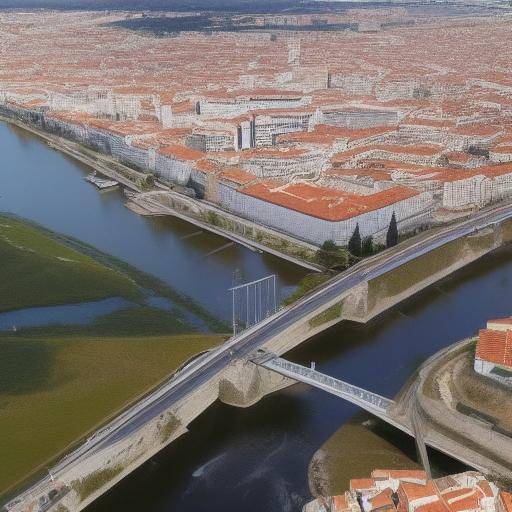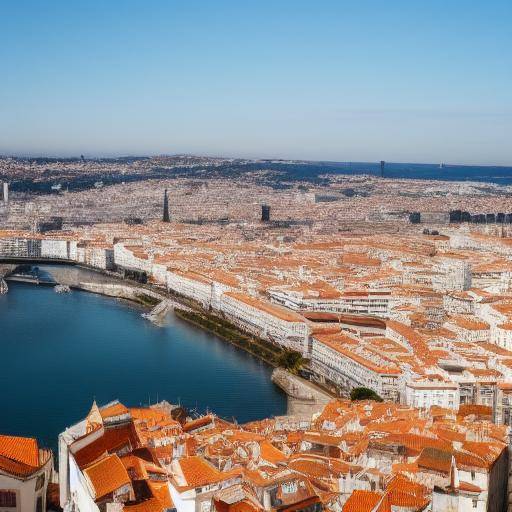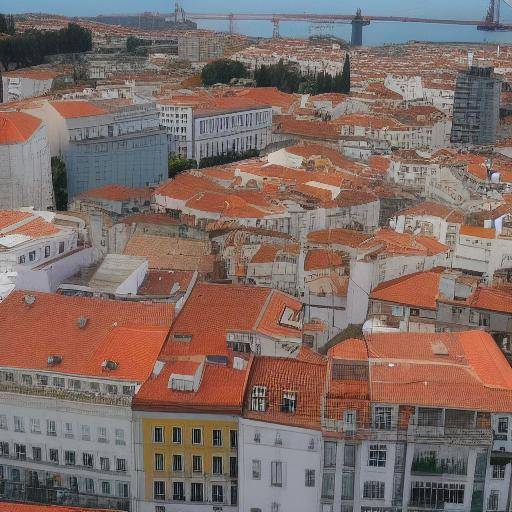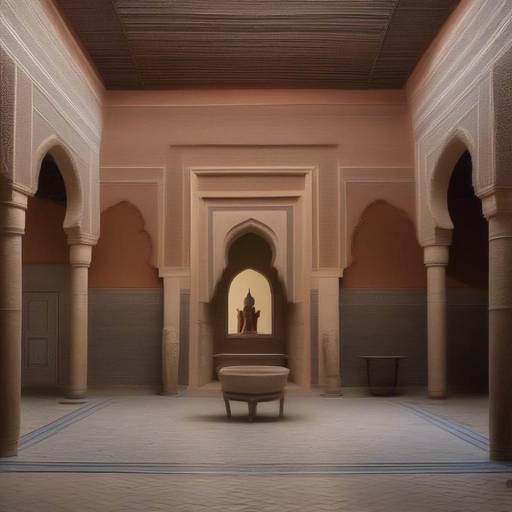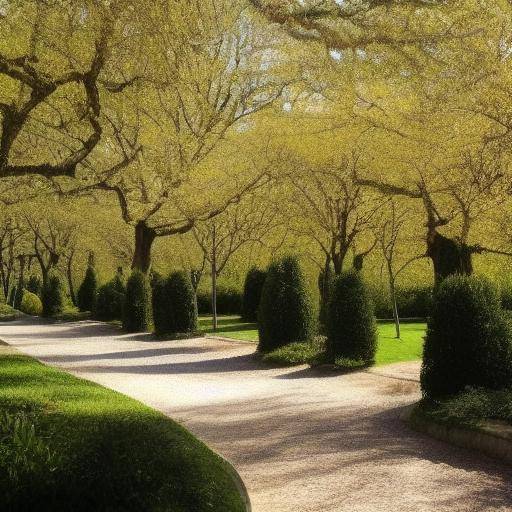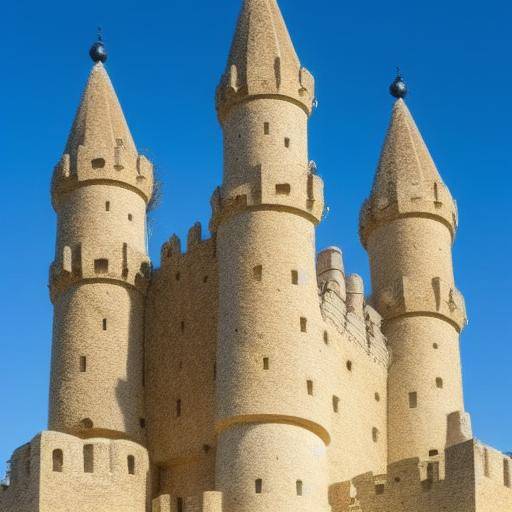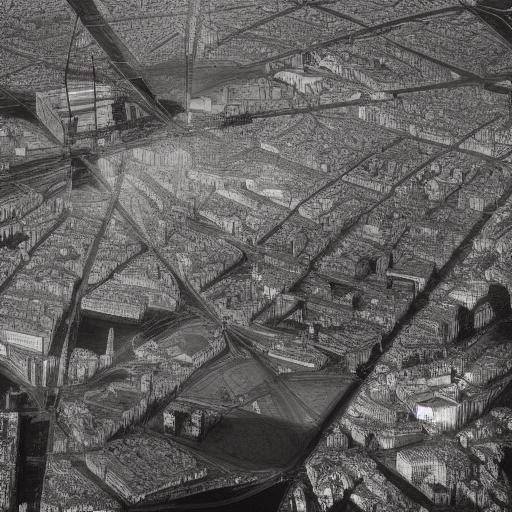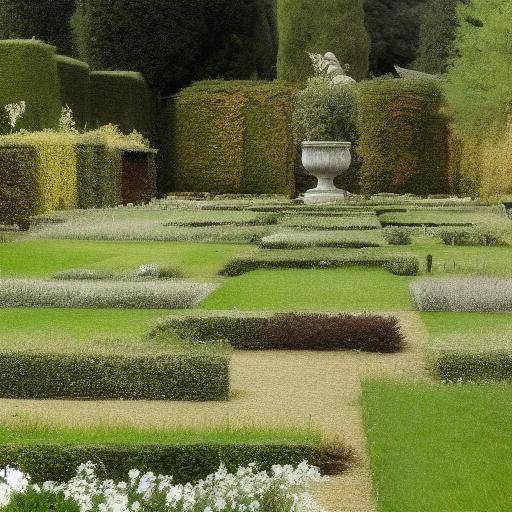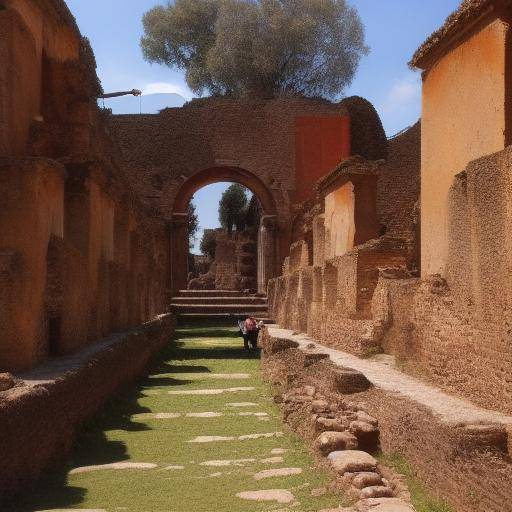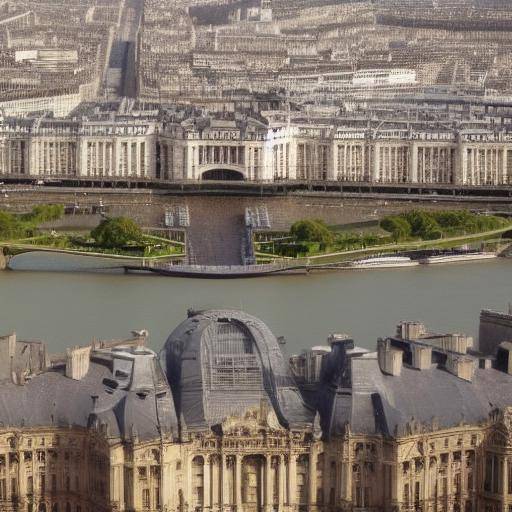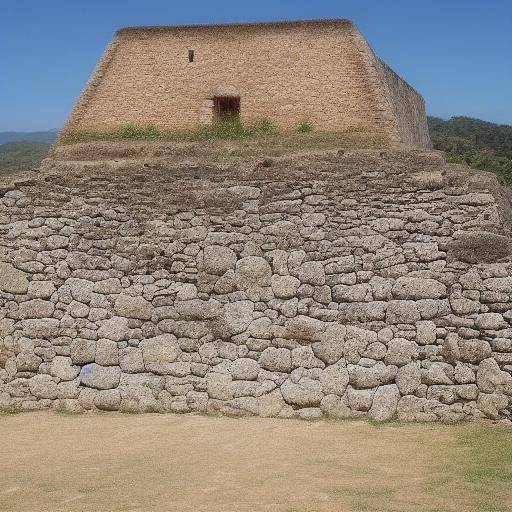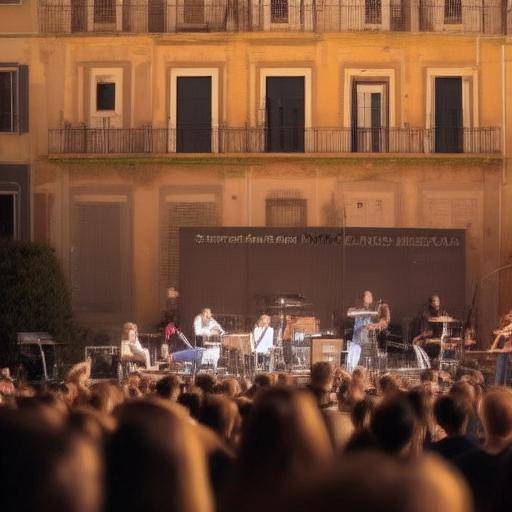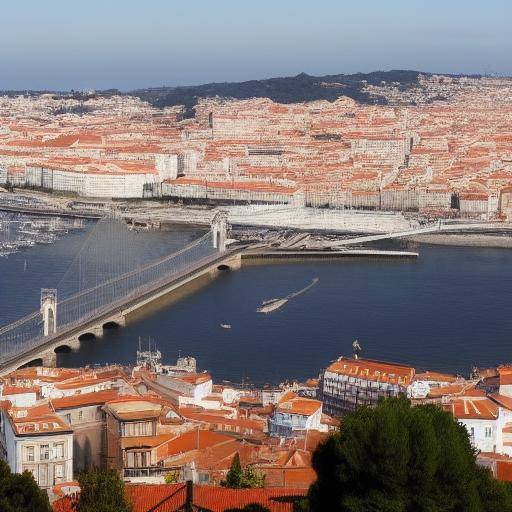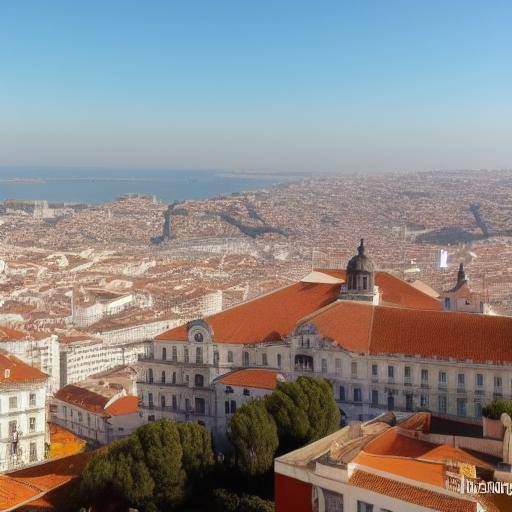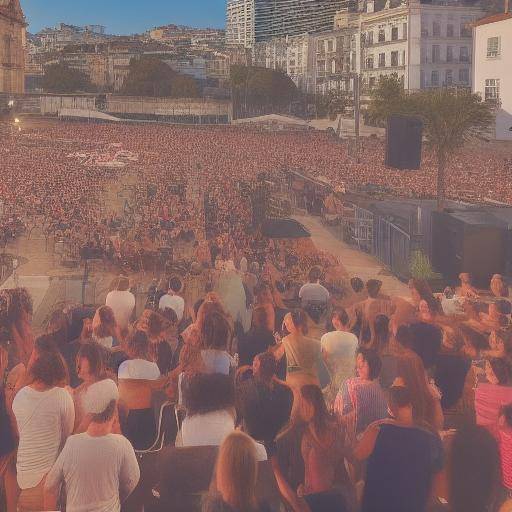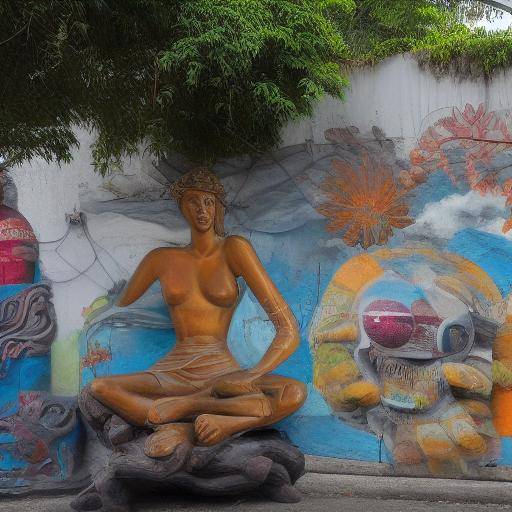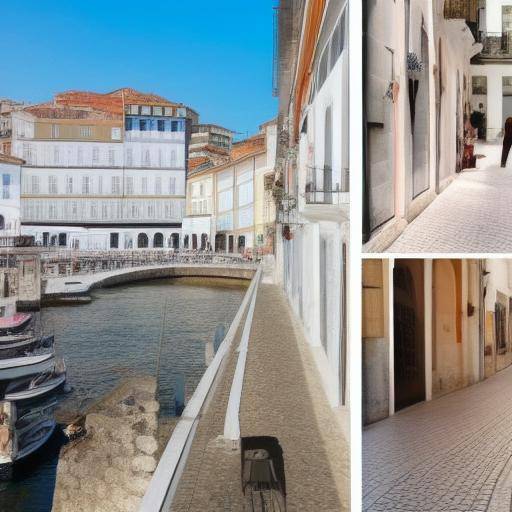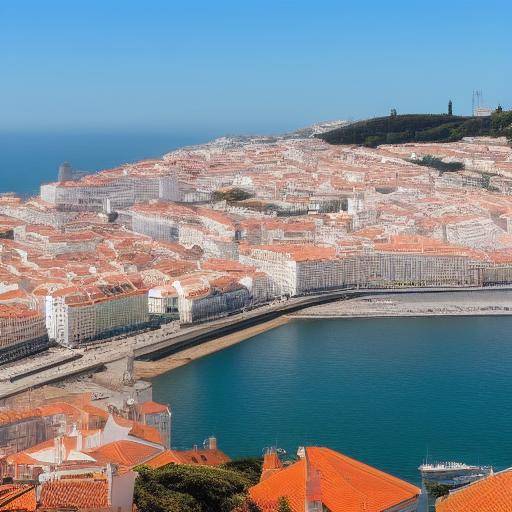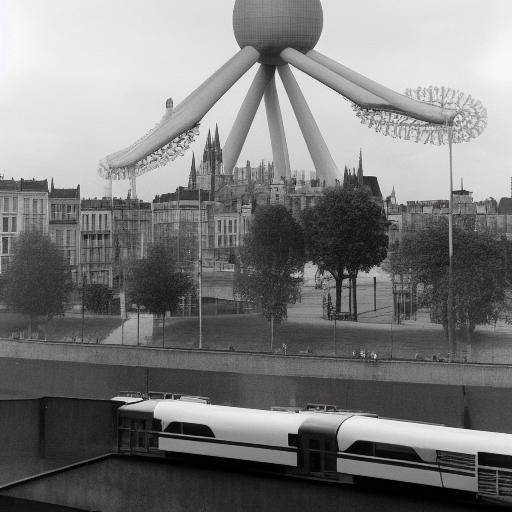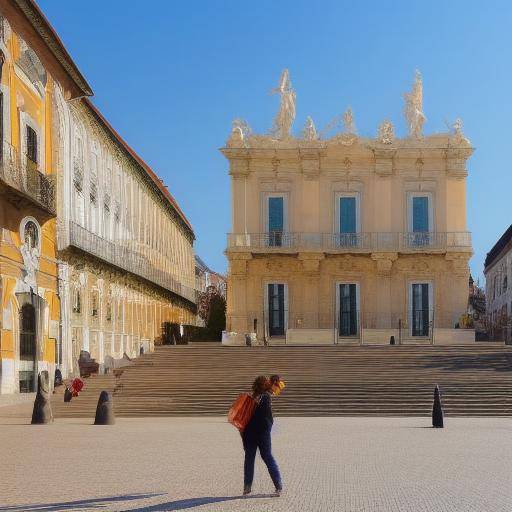
Introduction
Lisbon, the capital of Portugal, is a city rich in culture, history and heritage. From its beautiful viewpoints, you can appreciate its impressive museums and monuments that stand out the Portuguese culture and its historical legacy. In this article, we will explore the highlights of Lisbon from a cultural perspective, highlighting the museums and monuments that make this city such a captivating destination. We will also take a look at the influence of Portuguese culture and its heritage in the city. From history to current trends, this guide offers a profound view of Lisbon and its cultural wealth.
History and History of Lisbon
The rich cultural heritage of Lisbon dates back centuries. Founded by the Phoenicians, Lisbon has been influenced by Romans, Visigoths and Muslims throughout its history. The Middle Ages and the Renaissance saw a significant cultural flourishing in the city. The era of the Portuguese discoveries was a period of splendour for Lisbon, which is reflected in the architecture and art of the city. The destruction caused by the earthquake of 1755 and the subsequent reconstruction under the guidance of the Marquis de Pombal shaped the current appearance of the city. Lisbon is home to a vast number of monuments and museums that tell the history of its evolution over the centuries.
Analysis of the Museums and Monuments
The museums of Lisbon witness their rich cultural legacy. The National Museum of Old Art houses an incomparable collection of Portuguese paintings and sculptures, offering a profound view of the country's art. On the other hand, the National Museum of Tile shows the historical importance of tiles in Portuguese architecture and art. As for monuments, the imposing Monastery of the Jerónimos is a magnificent example of the Manuelino style, declared a World Heritage Site by UNESCO. The Castle of San Jorge offers incomparable panoramic views of the city, as well as revealing centuries of history in its walls and towers.
Comprehensive Review of Portuguese Culture and its Heritage
The Portuguese cultural legacy extends far beyond Lisbon. From the melancholic music of the fado to the delicious culinary traditions, Portuguese culture is deeply rich and diverse. The architectural heritage, popular art and local festivities also play a crucial role in preserving the cultural identity of the country. At the same time, Portugal's cultural heritage faces challenges in the modern era, such as the conservation and sustainable marketing of its historical treasures. The evolution of Portuguese culture over the centuries reflects the capacity of society to adapt to changing challenges.
Comparison Analysis of Lisbon, the Portuguese Culture and its Heritage
Lisbon serves as a microcosm of Portuguese culture and its heritage. Thinking of Lisbon is to remember the explorers who sailed from their ports to distant destinations. This is reflected in the global influence of Portuguese culture, from Brazil to Africa, marking the footprint of Portugal in the world. The comparison between Lisbon and other European cities reveals the uniqueness of its cultural heritage, enriched by the convergence of global influences. Although it shares similarities with other European capitals, Lisbon retains a unique integrity that is reflected in its museums, monuments and the daily lives of its inhabitants.
Practical Tips and Accessible Recommendations
If you plan to visit Lisbon, we recommend exploring
- Its museums and monuments to the relaxed rhythm of the city.
- When visiting the Monastery of the Jerónimos, reserve a time to appreciate the intricate details of its architecture,
- While at the San Jorge Castle, don't miss the opportunity to enjoy the stunning views it offers from the city.
- Also, as you immerse yourself in Portuguese culture, do not forget to try the delicious local cuisine, which has dishes such as cod and the famous nata cakes.
Industry Perspectives and Expert Reviews
To fully understand the impact of Portuguese culture and its heritage, we have collected the opinions of experts in history, art and cultural heritage. His ideas shed light on the importance of preserving the cultural legacy of Portugal and its relevance in the international context. In addition, they provide a unique vision of current and future trends in the conservation and promotion of Portuguese culture.
Case Studies and Practical Applications
Through detailed case studies, we highlight how Portuguese culture and its heritage influence tourism, cultural industry and national pride. These examples illustrate how the history and culture of Portugal intertwine with the daily lives of its inhabitants and their impact on the local economy.
Future Trends and Predictions
Finally, we look to the future to explore emerging trends in the promotion and preservation of Portuguese culture. As society advances, it is crucial to consider how to protect and promote Portugal's cultural wealth, ensuring that future generations enjoy and benefit from its rich heritage.
Conclusion
In conclusion, Lisbon, with its museums, monuments and the richness of Portuguese culture, offers visitors a unique experience that merges art, history and tradition. The city is a living testimony of Portugal's legacy and its global influence. In discovering the cultural treasures of Lisbon, a deeper understanding of Portugal's rich history and heritage is awakened. Encourage yourself to explore Lisbon and its culture to discover the soul of this extraordinary destiny!
Frequently asked questions
**1. What is the most famous museum in Lisbon?**The National Museum of Old Art is one of the most famous museums in Lisbon, where you can see a magnificent collection of Portuguese art.
**2. What monument offers the best views of Lisbon?**San Jorge Castle is known for offering stunning panoramic views of the city and the Tagus River.
**3. What is the importance of Portuguese culture worldwide?**The Portuguese culture has left a global mark through the language, architecture, gastronomy and traditions that have spread throughout the world, especially in its old colonies.
**4. How can I experience authentic Portuguese culture during my visit to Lisbon?**In addition to visiting museums and monuments, we recommend you to try local gastronomy, enjoy a fado performance and explore historic districts such as Alfama and Bairro Alto.
**5. What is the role of Lisbon in preserving the cultural heritage of Portugal?**Lisbon, as the capital of Portugal, plays a crucial role in preserving the history and cultural heritage of the country through the conservation of historical sites, the promotion of art and the celebration of cultural festivals and events.
6. What are the tendenci

